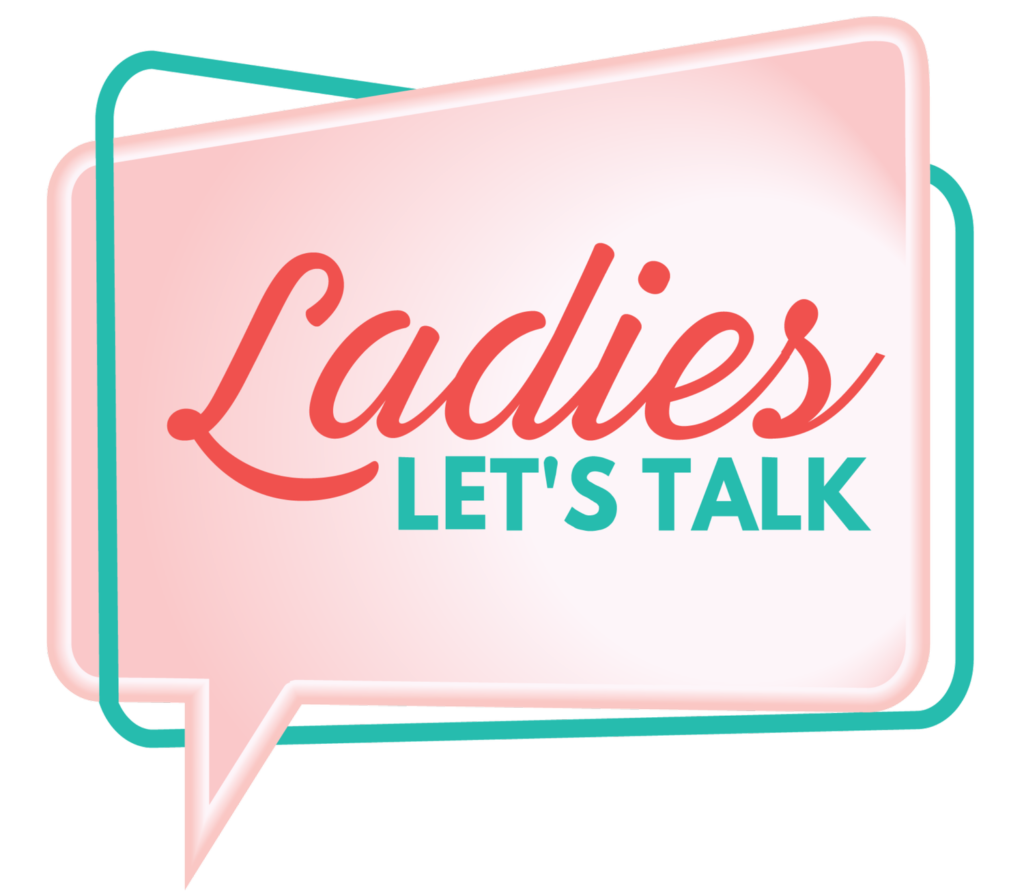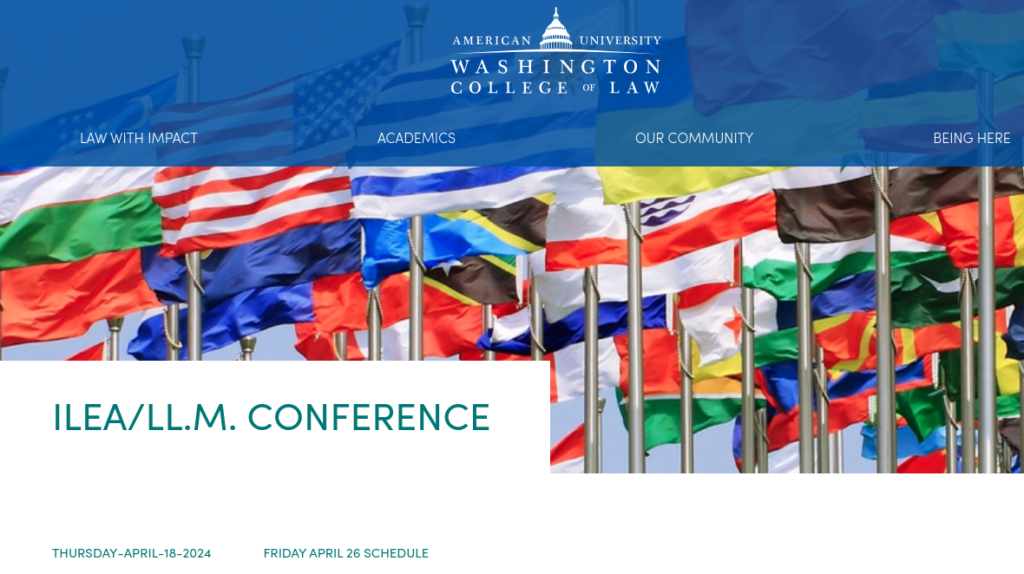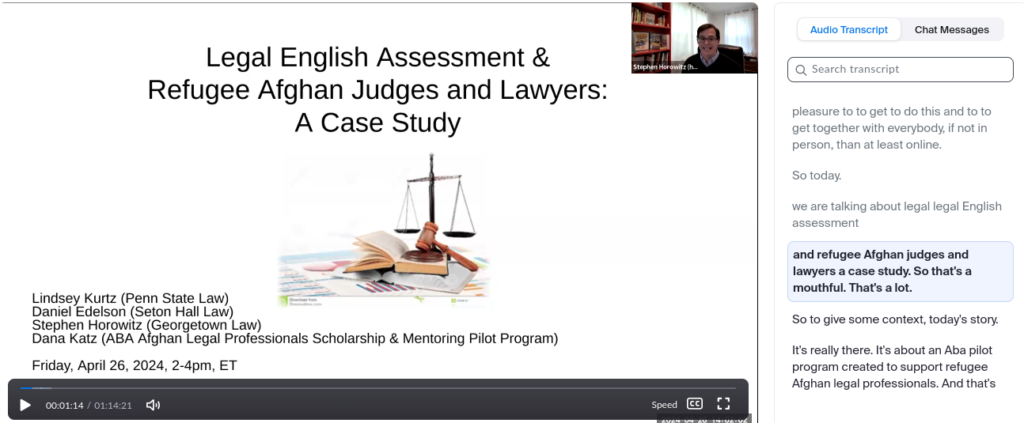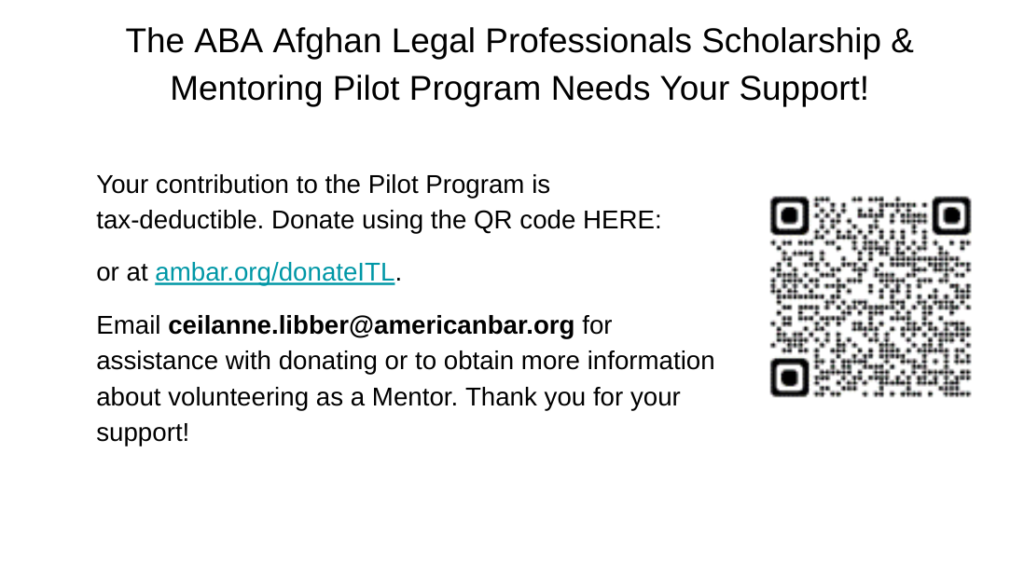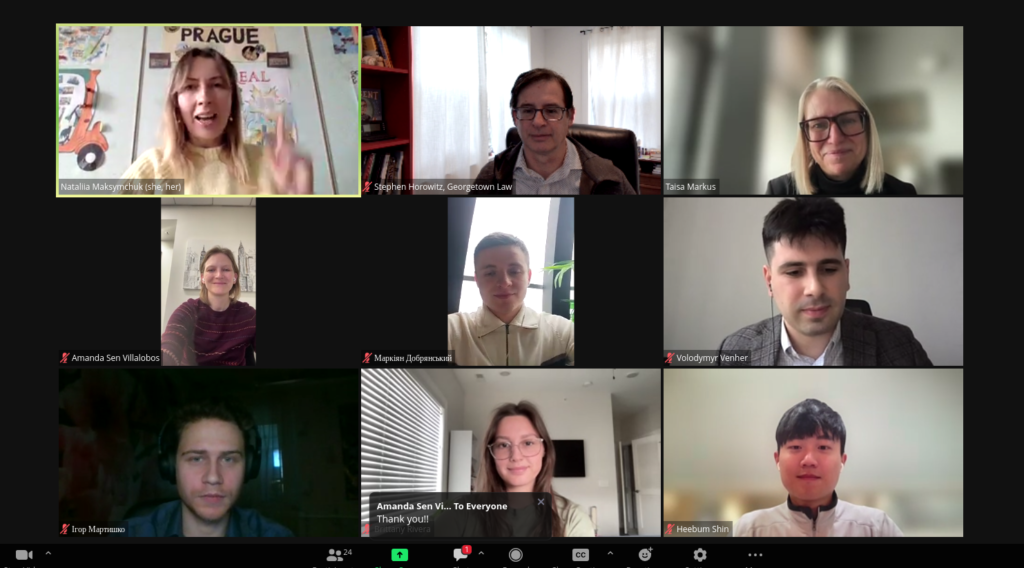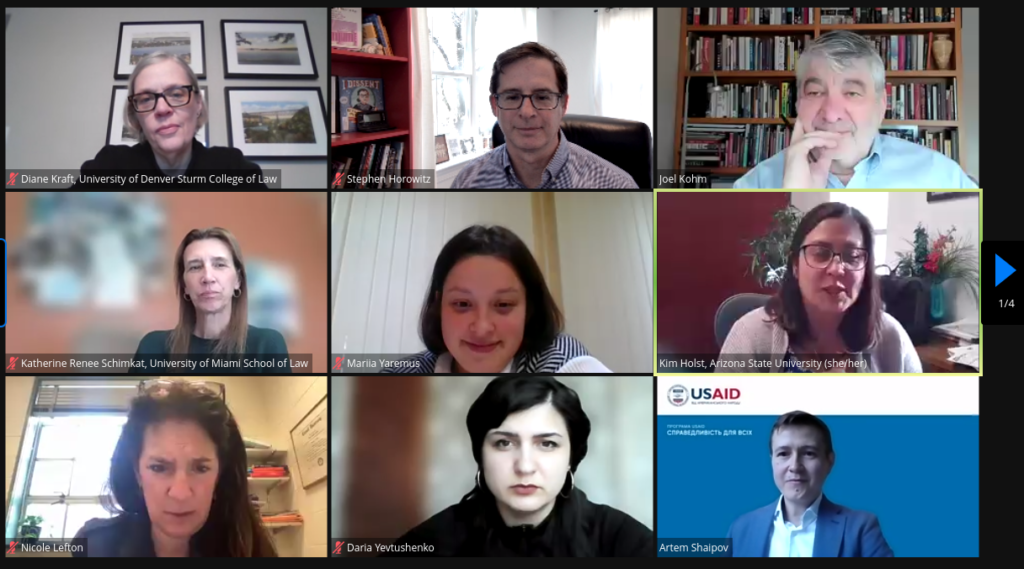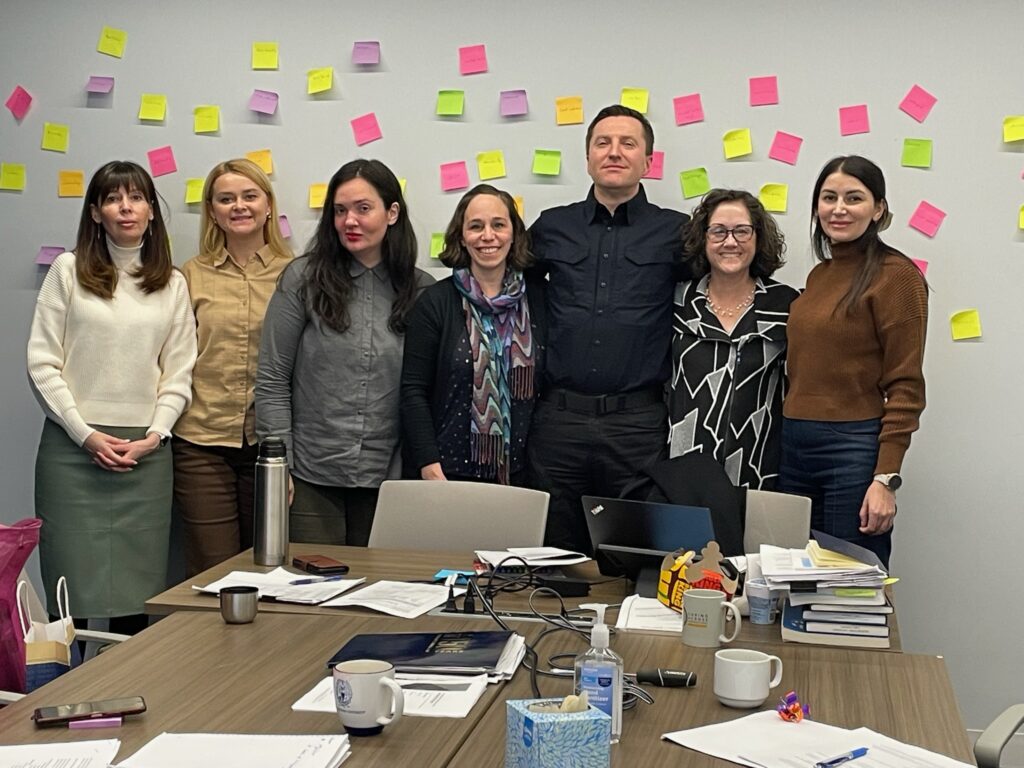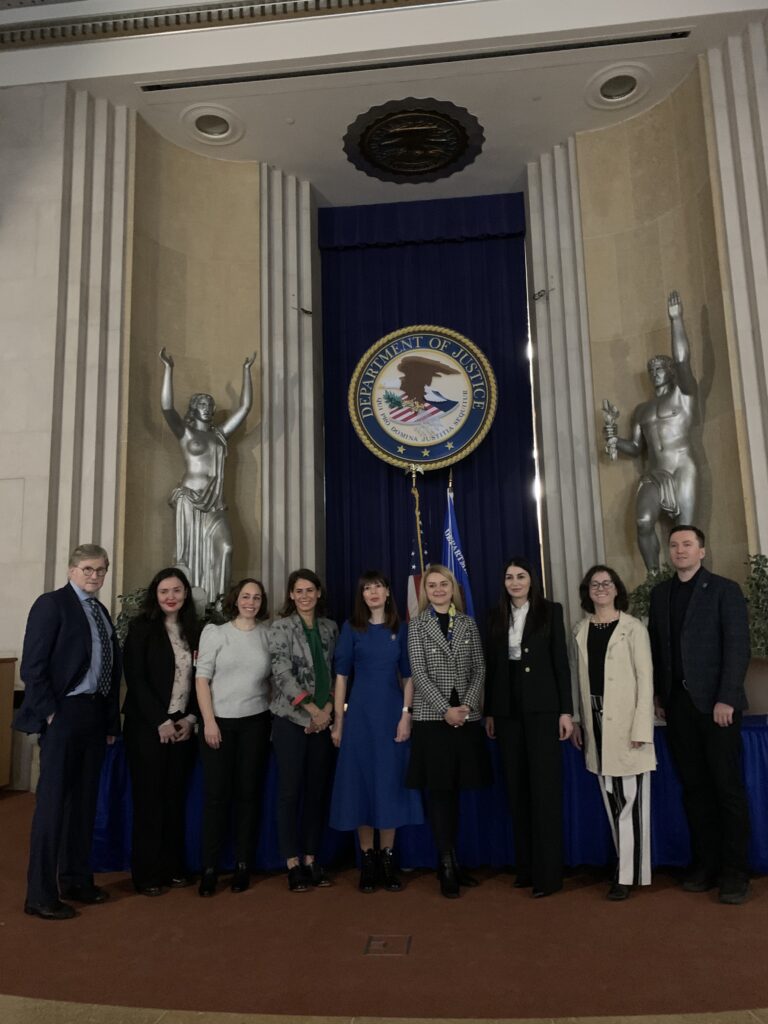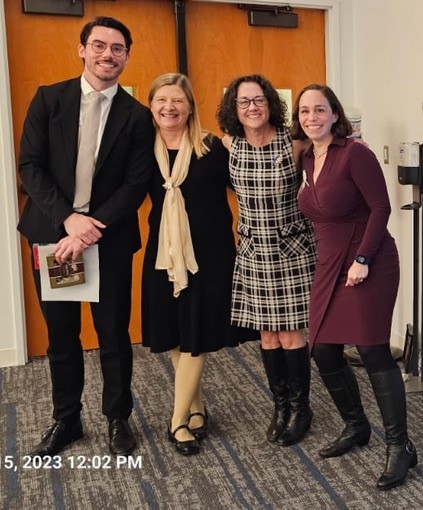Posted by Stephen Horowitz, Lecturer of Legal English

Very happy to share that I’ve just launched a new initiative to provide Legal English support for over 300 Ukrainian law students. It’s an expansion of the model I’ve been using to host and facilitate Legal English conversation sessions for Ukrainian law and Legal English faculty.
The faculty sessions, which I’ve run for about two years now, involve me hosting a weekly Zoom session and sending a calendar invite to a list of Ukrainian faculty and a list of US/EU faculty who have indicated interest in participating. (I’ve been able to reach and connect with so many Ukrainian faculty members thanks to Artem Shaipov, Legal Advisor and Team Lead for Legal Education Reform for the USAID Justice for All (Ukraine) program.)

Each week I log in to Zoom, and then as faculty members join, I pair them off into breakout rooms for 45 minutes of conversation in English about whatever they want to discuss. Sometimes it’s a 1-to-1 ratio, and sometimes there are 2 or 3 Ukrainian faculty members talking with one US/EU faculty member.
The number of faculty members and faculty volunteers who have signed up to participate is much bigger than the number who actually show up for a given Zoom session. And the numbers seem to work out each time. Faculty members join when they’re able. And if they miss a session, or can only join for one total session during the semester, that’s fine. The model essentially plays the percentages and has worked well 99.9% of the time.
The new initiative, connecting Ukrainian law students and US law students, is the same model, but there will be many more people involved, and many more Zoom sessions happening each week.
So far over 300 Ukrainian law students have signed up, and close to 100 US law students have also signed up. Of the US law students, about half have indicated that they would be willing to be a host for Zoom sessions. And that means there will be up to 50 different student-led Zoom sessions going on each week, each on different days and times. Having this range of options will hopefully help ensure that all of the Ukrainian and US law students can find one time each week to join when they’re able.
This is definitely experimental, so I assume there will be some bumps along the way. But hopefully those bumps will help to identify some protocols and best practices that will make things run more smoothly in the future. (Also, thanks to one of the US law student volunteers, I learned that a similar model is already in use by an organization called Ladies Let’s Talk. Immigrant women in the US are paired with English speakers for the purpose of practicing English conversation.)
And in the bigger picture, as Ukraine’s legal system shifts more towards the West and the EU, and as Ukraine’s law schools begin teaching all of their courses in English, the Ukrainian law students will find themselves better prepared and able to adapt. And also the connections formed now will lead to deeper connections in the future between the legal communities of Ukraine, the US, and other parts of the world.
Get Involved
If you are a US (or English speaking) law student and would like to volunteer, you can sign up just using this Google Form for US/English speaking law students. At some point you will receive calendar invites from the US law students serving as hosts/facilitators.
If you are a Ukrainian law student and would like to participate, you can sign up using this Google Form for Ukrainian law students.
And you can click here for more info and blog posts about the work that I and others in the Legal English/Legal Education field have been doing to support Ukrainian law schools, their faculty, and their students.
Update Oct 19, 2024: Here’s some feedback from some of the Zoom sessions that have already happened:
- Thank you so much for such opportunity! It was a pleasure to discuss law systems of the US and Ukraine with [NAME1], so I really appreciate it a lot!!
- I loved meeting all the Ukrainian students and getting to know them!
- [NAME2] was great at explaining everything, so it was fun to listen to her answers and answer her questions myself)))
- [NAME3] is such a nice person. It was interesting to talk to him and to get know something new.
- [NAME4] is awesome!
- Thank you for great opportunity to talk, get to know each other and develop!)
- that was a great meeting, I really enjoyed it (especially the part with “only in ohio” lol)
- I love this lessons
- Just thank you 🙂
Questions? Feel free to contact me at sh1643@georgetown.edu or via Twitter/X at @gtlegalenglish.

